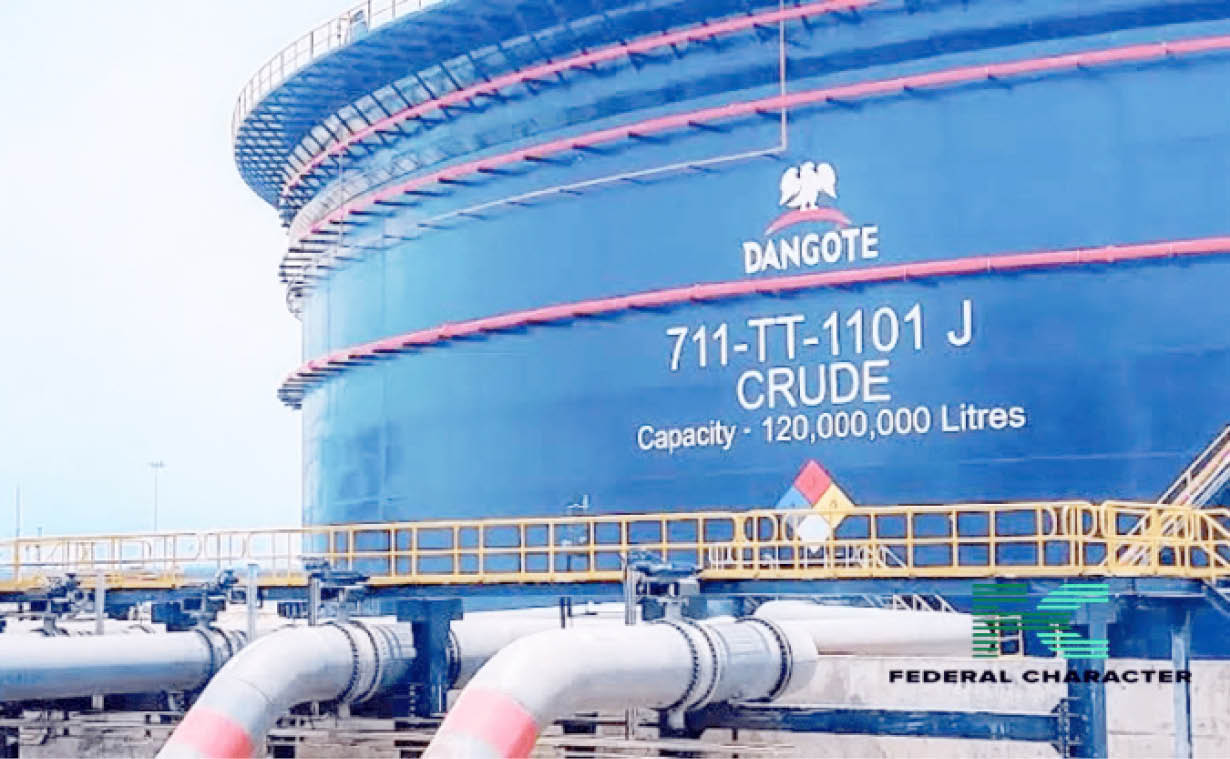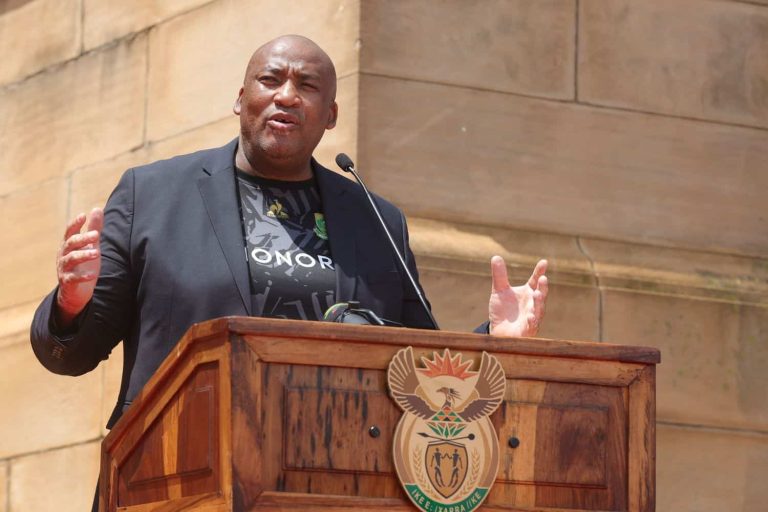
Africa’s largest refinery ramps up output as local supply exceeds national demand…
The Dangote Petroleum Refinery has announced a fresh reduction in its ex-gantry price of petrol, slashing the rate to ₦828 per litre, down from the previous ₦877 per litre.
Sources within the refinery confirmed the development, noting that the ₦49 reduction reflects the company’s commitment to easing market pressures and supporting domestic fuel availability.
“The refinery reduced its petrol price to ₦828 per litre,” one source said.
The move comes as the refinery continues to scale up production, targeting an output of 1.4 million barrels per day (bpd), a capacity that would surpass the world’s largest single-site refinery, Jamnagar in India, which currently processes 1.36 million bpd.
Earlier this month, Dangote Refinery disclosed that the supply of refined petroleum products had now exceeded Nigeria’s daily consumption levels.
“Our refinery is currently loading over 45 million litres of petrol and 25 million litres of diesel daily, which exceeds Nigeria’s demand,” the company said in a statement on November 1.
The refinery also reaffirmed its partnership with regulatory agencies and distribution companies to ensure smooth and efficient nationwide delivery of products.
Meanwhile, energy giant Oando Plc recently announced a “strategic pause” on petrol imports in response to the growing availability of locally refined products from Dangote.
According to Wale Tinubu, Group Chief Executive of Oando Plc, the company’s trading operations had come under pressure due to a decline in petrol import volumes, a development he described as positive for Nigeria’s energy independence.
“The decline in PMS imports into the country is due to the rising local refining capacity from the Dangote Refinery, a positive development that enhances Nigeria’s energy security and self-sufficiency,” Tinubu said on November 6.
The refinery’s expanding operations and the recent price adjustment are expected to stabilise fuel supply, reduce import dependence, and strengthen Nigeria’s position in the global petroleum market.



